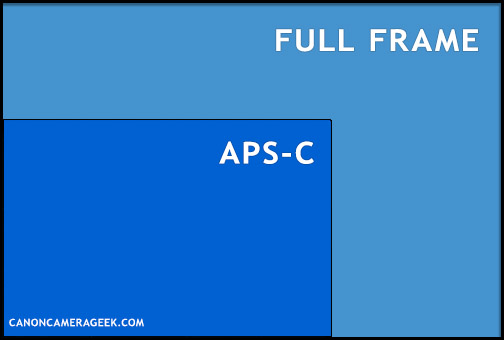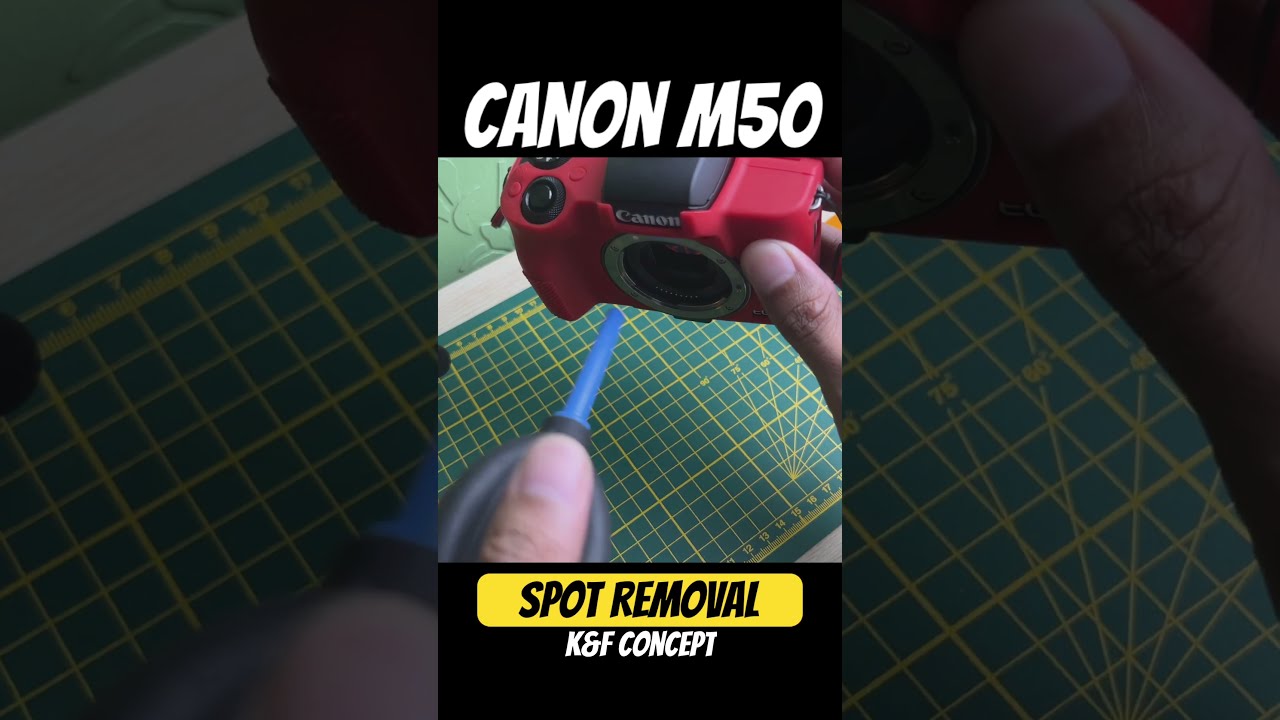
Canon is a well-known brand in the world of photography, known for producing high-quality cameras and sensors. They have been around for decades, and their products are used by professionals and amateurs alike. In this article, we will dive into all things Canon cameras and sensors. From what they are, how they work, to the pros and cons of different models, we’ve got you covered.
Who is Canon?

Canon is a Japanese multinational corporation that specializes in manufacturing imaging and optical products. The company was founded in 1937 and has since become one of the leading producers of cameras, camcorders, printers, and photocopiers. Canon’s cameras are some of the most popular in the industry and are used by both amateur and professional photographers worldwide.
What are Canon Cameras and Sensors?

Canon cameras are digital cameras that use Canon’s own proprietary image sensor technology. These sensors capture light and convert it into digital signals that are then processed by the camera’s image processor to create the final image. Canon’s sensors come in various sizes, ranging from the smaller sensors found in compact cameras to the larger sensors found in full-frame DSLRs.
When Should You Choose a Canon Camera?

If you’re looking for a camera that produces high-quality images with accurate colors, then a Canon camera is an excellent choice. Canon cameras are known for their color science, which accurately reproduces skin tones and other colors. Additionally, Canon cameras are user-friendly, making them a great option for beginners.
How to Choose the Right Canon Camera?

When choosing a Canon camera, there are several factors you should consider. First, decide what type of photography you’ll be doing. If you’re interested in landscape or architectural photography, then a full-frame camera might be the best choice. If you’re more interested in street photography or portraiture, then a crop-sensor camera may suffice. Other factors to consider include the camera’s autofocus system, shooting speed, and video capabilities.
Pros and Cons of Canon Cameras
Pros
- Excellent color science
- User-friendly interface
- Wide range of lenses available
- Good for both photography and videography
- High-quality sensors with good low-light performance
Cons
- Can be expensive compared to other brands
- Some models have limited dynamic range
- Not as customizable as some other brands
- Limited availability of third-party accessories
Alternatives to Canon Cameras
While Canon cameras are excellent, there are several alternatives you can consider if you’re not sold on the brand. Sony cameras are known for their mirrorless technology and excellent autofocus systems. Nikon cameras are also a great option for those looking for high-quality sensors and a wide range of lenses. Fujifilm cameras are known for their retro design and film-like color profiles.
Step-by-Step Guide to Using a Canon Camera
- Charge your battery and insert it into the camera.
- Insert a memory card into the camera.
- Turn the camera on and select shooting mode.
- Frame your shot using the viewfinder or LCD screen.
- Focus on your subject using autofocus or manual focus.
- Adjust the settings as necessary, including ISO, aperture, and shutter speed.
- Take your photo or start recording video.
- Review your images and adjust settings as necessary.
- Transfer your images to your computer or mobile device.
Canon Camera vs. Sony Camera: A Comparison
Canon and Sony are two of the most popular camera brands on the market. While both have their strengths and weaknesses, here’s how they compare:
Canon Cameras
- Excellent color science
- Wide range of lenses available
- Good for both photography and videography
- User-friendly interface
Sony Cameras
- Mirrorless technology allows for smaller form factor
- Excellent autofocus system
- Good low-light performance
- Good video capabilities
Tips for Using Canon Cameras and Sensors
- Always shoot in RAW format to capture the most detail.
- Invest in high-quality lenses for the best results.
- Experiment with different shooting modes, including aperture priority and shutter speed priority.
- Use a tripod or image stabilization when shooting in low light.
- Shoot in manual mode for complete control over your images.
The Best Canon Cameras and Sensors for Different Needs
Best Canon Camera for Beginners: EOS Rebel SL3
The EOS Rebel SL3 is an excellent entry-level camera that’s easy to use and produces high-quality images. It’s also affordable compared to other Canon models.
Best Canon Camera for Landscape Photography: EOS 5DS R
The EOS 5DS R is a full-frame camera with a high-resolution sensor that’s great for capturing detail in landscape photos.
Best Canon Camera for Portraits: EOS R5
The EOS R5 is a mirrorless camera with excellent autofocus and image stabilization, making it an ideal choice for portrait photographers.
Best Canon Camera for Videography:EOS C70
The EOS C70 is a cinema camera that’s designed specifically for videographers. It has a Super 35mm sensor and can shoot 4K video at up to 120 frames per second.
Conclusion
Canon cameras and sensors are some of the best in the industry, known for their color accuracy and user-friendliness. When choosing a Canon camera, consider factors such as your photography needs, budget, and personal preferences. Remember to experiment with different shooting modes and settings to get the most out of your Canon camera and sensor.
FAQs
Q1. What is Canon’s color science?
A1. Canon’s color science refers to their ability to reproduce colors accurately in photos and videos.
Q2. Can I use third-party lenses on a Canon camera?
A2. Yes, there are many third-party lenses available for Canon cameras from brands like Sigma and Tamron.
Q3. How do I transfer images from my Canon camera to my computer or mobile device?
A3. You can transfer images using a USB cable, Wi-Fi, or an SD card reader.
Q4. Which Canon camera is best for wildlife photography?
A4. The Canon EOS-1D X Mark III is an excellent choice for wildlife photography due to its fast autofocus and high-speed shooting.
Q5. What is Canon’s Dual Pixel autofocus system?
A5. Canon’s Dual Pixel autofocus system uses phase-detection autofocus technology to provide fast and accurate autofocus performance.
